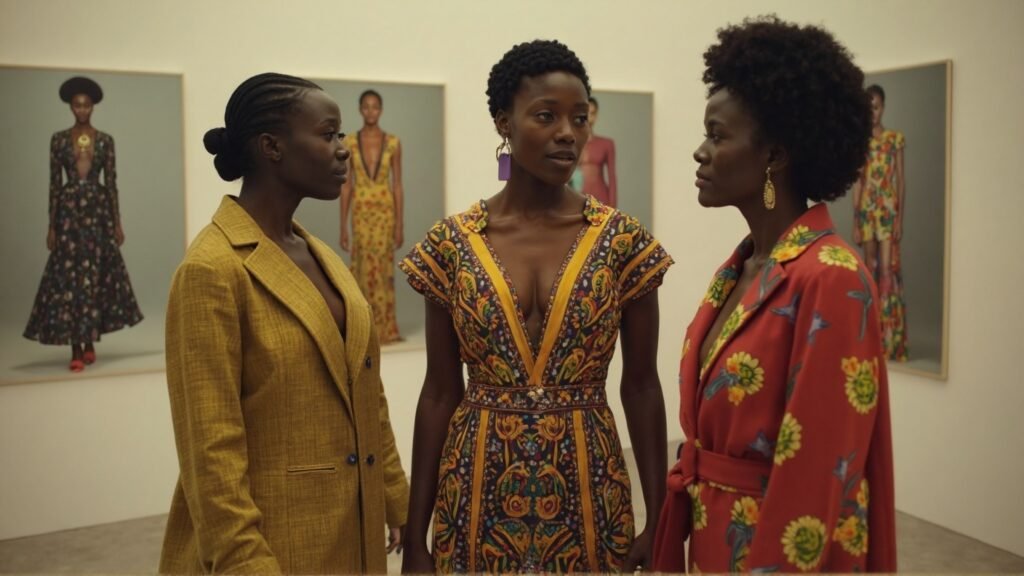

Global Governance in the Black, African, and Caribbean Fashion Industry
The rise of the Black, African, and Caribbean fashion industry calls for a bold and inclusive approach to global governance—one that empowers creators, protects cultural assets, ensures equity, and creates pathways for sustainable economic growth. As these communities continue to shape global style, music, and identity, it is essential to establish governance structures that reflect their value and respect their contributions.
What Is Global Governance in Fashion?
Global governance in fashion refers to the systems, policies, and frameworks that shape how the fashion industry operates internationally—including trade, labor rights, intellectual property, representation, and sustainability. For the Black, African, and Caribbean fashion sector, effective global governance means rebalancing long-standing inequalities and centering historically marginalized voices in global fashion dialogue.
Why It Matters for Black, African & Caribbean Fashion
For too long, Black and African Diaspora cultures have been appropriated without acknowledgment or compensation. From African prints misused by global brands to Caribbean aesthetics copied in mainstream media, creators are often excluded from the value chain. A just and forward-looking governance system must:
- Protect cultural heritage and intellectual property
- Ensure fair trade and ethical labor standards
- Promote equitable access to international markets
- Guarantee authentic representation in global fashion councils and institutions
Key Priorities for Global Governance
- Cultural Protection and IP Rights
- Establish international frameworks that recognize and protect traditional African, Caribbean, and Indigenous designs.
- Prevent exploitation and misappropriation by requiring licensing and cultural attribution for traditional textiles and symbols.
- Fair Trade and Labor Equity
- Enforce global labor standards that ensure safe working conditions and fair wages for artisans, especially women and rural communities.
- Promote localized production models that reduce exploitation and support economic self-reliance.
- Market Access and Export Support
- Remove trade barriers and provide technical assistance to help Black-owned brands scale globally.
- Advocate for representation of African and Caribbean designers in major global fashion weeks and trade expos.
- Institutional Inclusion
- Expand diversity within international fashion institutions, governing bodies, and regulatory agencies.
- Elevate African and Caribbean voices in policy-making spaces and global fashion boards.
- Sustainable Development
- Align fashion industry growth with the UN Sustainable Development Goals (SDGs).
- Prioritize climate-conscious, culturally rooted, and community-first approaches to fashion production and distribution.
A Call to Action
We must build bridges—not barriers—between Black, African, and Caribbean creatives and the global fashion economy. Global governance is not just about regulation; it’s about empowerment, justice, and transformation.
Through coordinated advocacy, coalition building, and inclusive leadership, the fashion industry can become a model for global governance rooted in fairness, representation, and respect.
Let us reimagine the future of fashion—where the rules are written by all, and the value is shared by all.
The time for equitable global governance in the Black, African, and Caribbean fashion industry is now.
